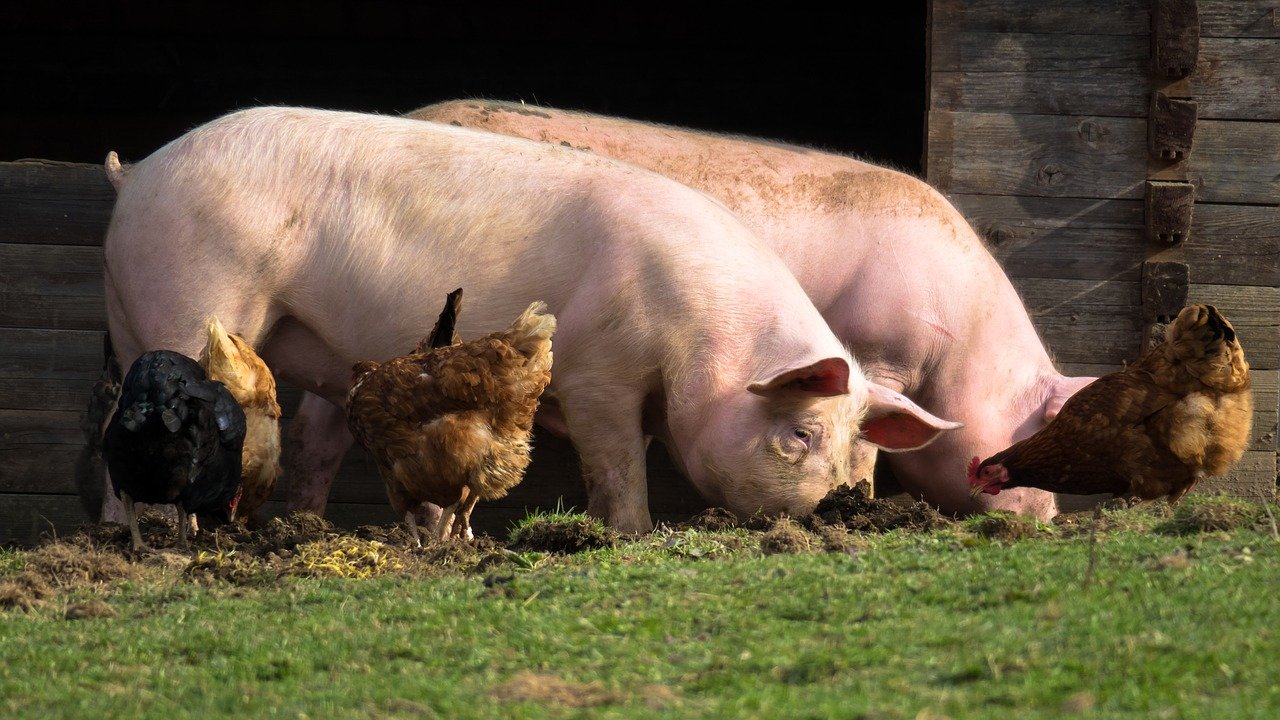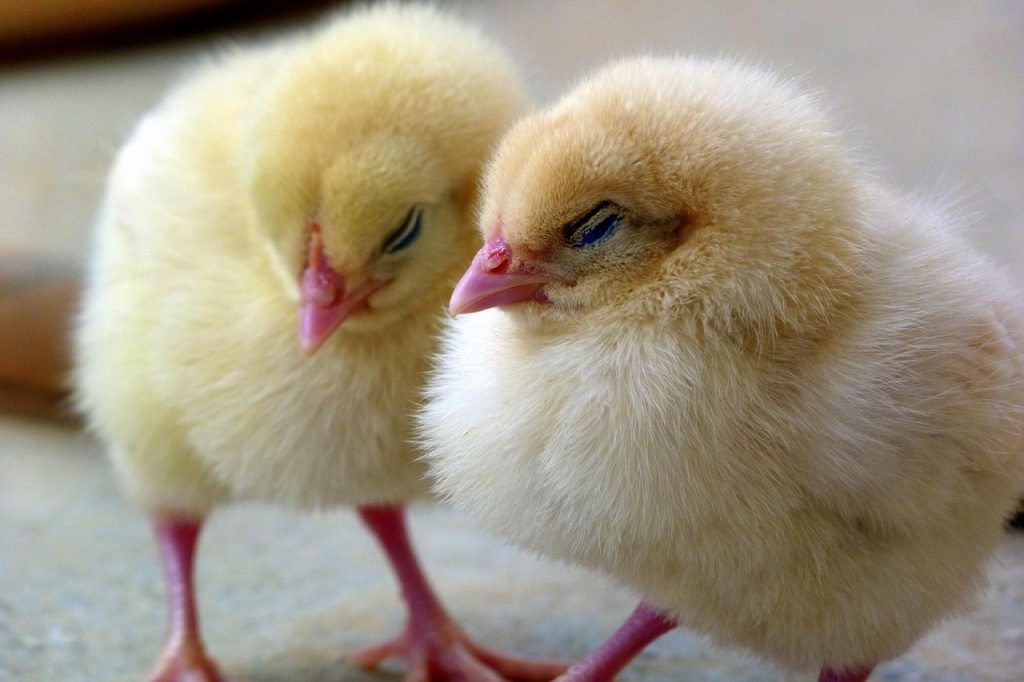One important way to prevent common diseases of poultry or get it controlled is to vaccinate your birds.
There are different types of poultry vaccines and vaccination methods and should be used properly.
Your chickens should be properly vaccinated at the right time to minimize the possibility of a disease outbreak.
There’s a need to vaccinate your chicken against diseases such as Newcastle, Gumboro, Marek, and fowl pox.
The schedule of vaccination varies from age to age and area to area. However, the following recommendations are widely applicable.
Newcastle disease Vaccination
Newcastle disease can be very deadly because treatment is not much reliable, but secondary infection can be controlled with antibiotics.
It is easily transmitted through droppings or discharges of infected chickens and spread through objects that have been infected.
Common signs and symptoms of Newcastle are coughing, sneezing, diarrhea, gurgling, depression, lack of appetite, rattling, paralysis, and twisting of the neck.
Infected birds should be separated immediately once detected since the survival rate is low, however, there are some claims of herbal treatment of Newcastle disease in Africa.
Vaccination should be scheduled at day old or at least before the birds are one week old.
Lasota is commonly given to birds to prevent this disease.
You should also repeat vaccination at least 6 to 8 weeks and then at 14 to 16 weeks of age.
Marek vaccination
Marek’s disease is caused by the herpes virus and can affect both young and old chickens.
Since the diseases can develop in early life, vaccination should be given to the birds at a day old or at one week.
If you don’t give them vaccines, the chickens may not give symptoms but develop it in later life and result in high mortality.
If you now vaccinate older chickens for Marek, it’s not going to be effective unlike when they’re just in one week.
Besides giving vaccines, you should also maintain good hygiene so as to prevent or get rid of Marek.
This is because the disease is contagious and can spread quickly through infective feather-follicle dander.
Common signs and symptoms of Marek are poor vision, irregular pupil, weight loss, Paralysis of legs, wings, and neck among others.
Gumboro vaccination
Gumboro disease, which is also known as infectious bursal diseases or IBD is a very contagious disease in poultry.
It commonly affects birds under three months and affects the immune system.
It can be prevented when you vaccinate the birds at day-old or at least 2 weeks of age, depending on the type of the vaccine.
The vaccine can also be given when they’re at 21 to 28 days later.
Another effective way of preventing gumboro is by purchasing chicks from enhanced MDA parent stock.
Fowlpox vaccination
Fowlpox is another viral infection in birds. It causes lesions in their skin and at a later stage, lesions in the respiratory tract.
The symptoms are lesions on the skin where there’s no much feather, scabs on the skin, blindness, cankers in mouth, esophagus, facial swelling, low appetite, and egg production.
It spread slowly and can not be treated, but can be managed by separation of birds.
The best option is to prevent it by vaccinating the birds when they’re at between 5 to 7 weeks of age
However, if you’re raising broilers that will be sold before 10 weeks of age, you’re advised not to vaccinate them with fowlpox vaccine.
In summary, the recommended vaccination schedule is as follows
|
AGE |
VACCINATION |
|
DAY 1 to 1 WEEK |
Newcastle, Mareks for Pullets |
|
2 WEEKS |
Gumboro through Drinking water |
|
5 WEEKS |
Gumboro through Drinking water |
|
6-8 WEEKS |
Newcastle (NDV/K) and Fowlpox by wing web for pullets |
|
14-16 WEEKS |
Newcastle, Gumboro |








